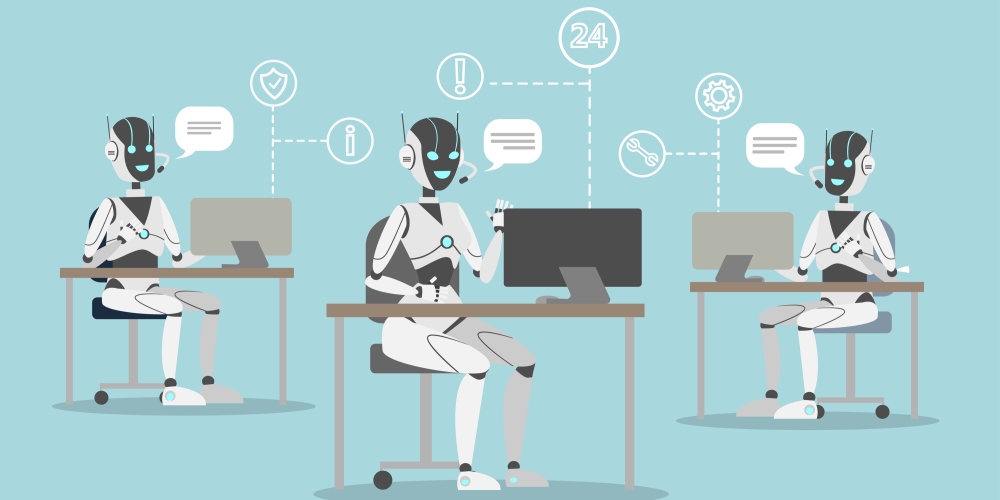
The global workforce is in an exciting state of transition, and nearly half of U.S. employees alone may now be defined as knowledge workers. These workers must rely on cognitive skills and analytical and critical thinking to get their jobs done, but they also rely heavily on technology. Never has there been a better moment to introduce artificial intelligence into the workforce – not to replace these highly skilled, specialty workers, but to augment and streamline their capabilities.
Instead of being a threat to the global workforce, AI is transforming the role of knowledge workers. AI capabilities can typically recognize concepts, meaning and context in a broad range of vertical markets, creating collaboration opportunities for workers and machines. That means knowledge workers need to broaden their skillsets and adopt new approaches to their existing roles to incorporate and get the most out of AI.
According to a Harvard Business Review survey, nearly 60 percent of knowledge workers queried said their previous job descriptions are becoming obsolete because of AI. And 70 percent stated they would need training and new skills to be able to work with AI and glean the most efficiencies out of AI capabilities. A whopping 85 percent of knowledge workers believe executives should be involved in reshaping the roles and processes of knowledge workers to better leverage AI and workers’ relationships with AI tools.
Interestingly, workers are beginning to understand that AI can’t replace some of the uniquely human skills inherent in their job descriptions, but can instead help them to perform better. For instance, HP recently conducted an experiment in which their AI lab analyzed two years of call data for a client’s call center. The AI platform was able to pinpoint each agent’s particular skillset including their “micro-skills,” which identified knowledge specific to certain customer requests. The client’s call routing system is now able to match specific agents with requests based on those skills, improving efficiencies and customer satisfaction.
Ultimately, organizations and workers are beginning to understand that AI is a powerful tool that can help transform the global workforce and increase the value of knowledge workers instead of replacing them. When workers view AI as another technology tool that can help them improve their performance and expand their growing skillsets, they can truly embrace its benefits and glean the most value from AI solutions.
Edited by
Maurice Nagle